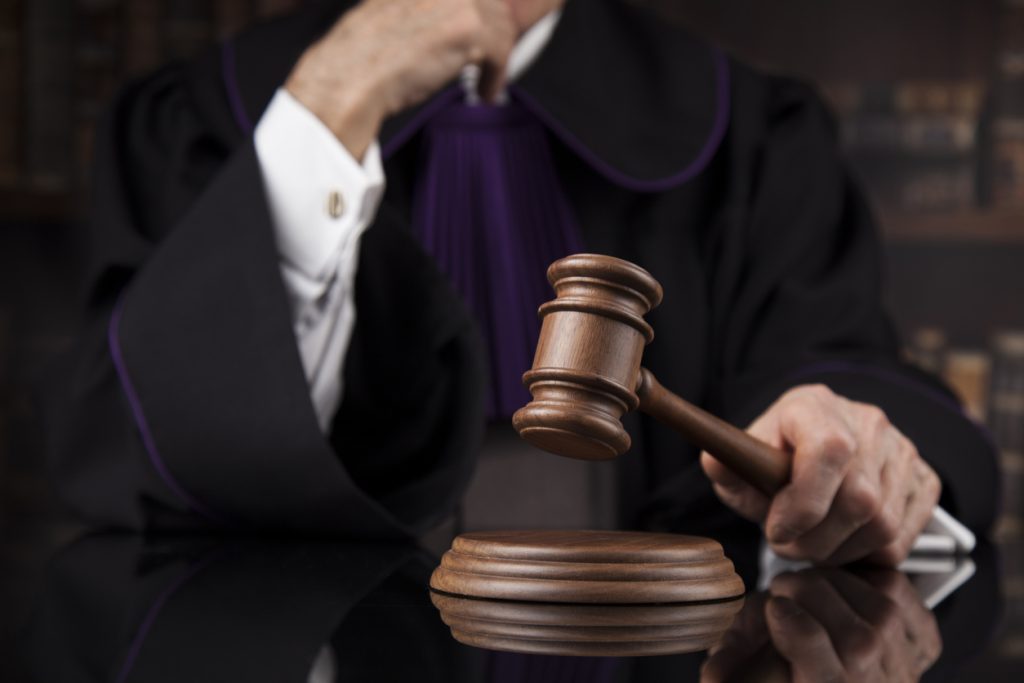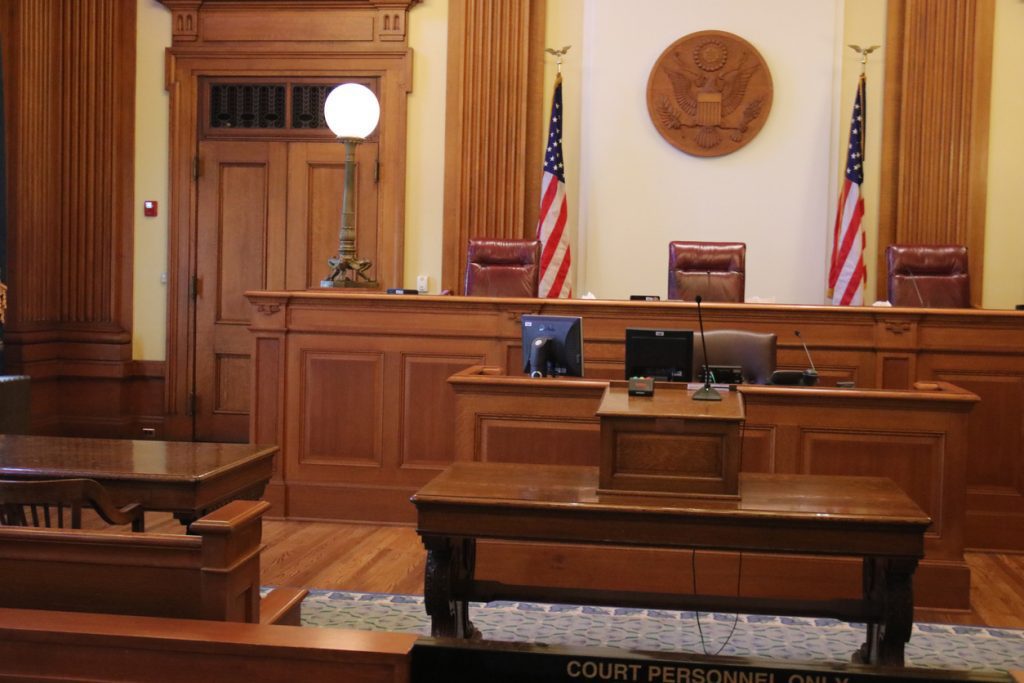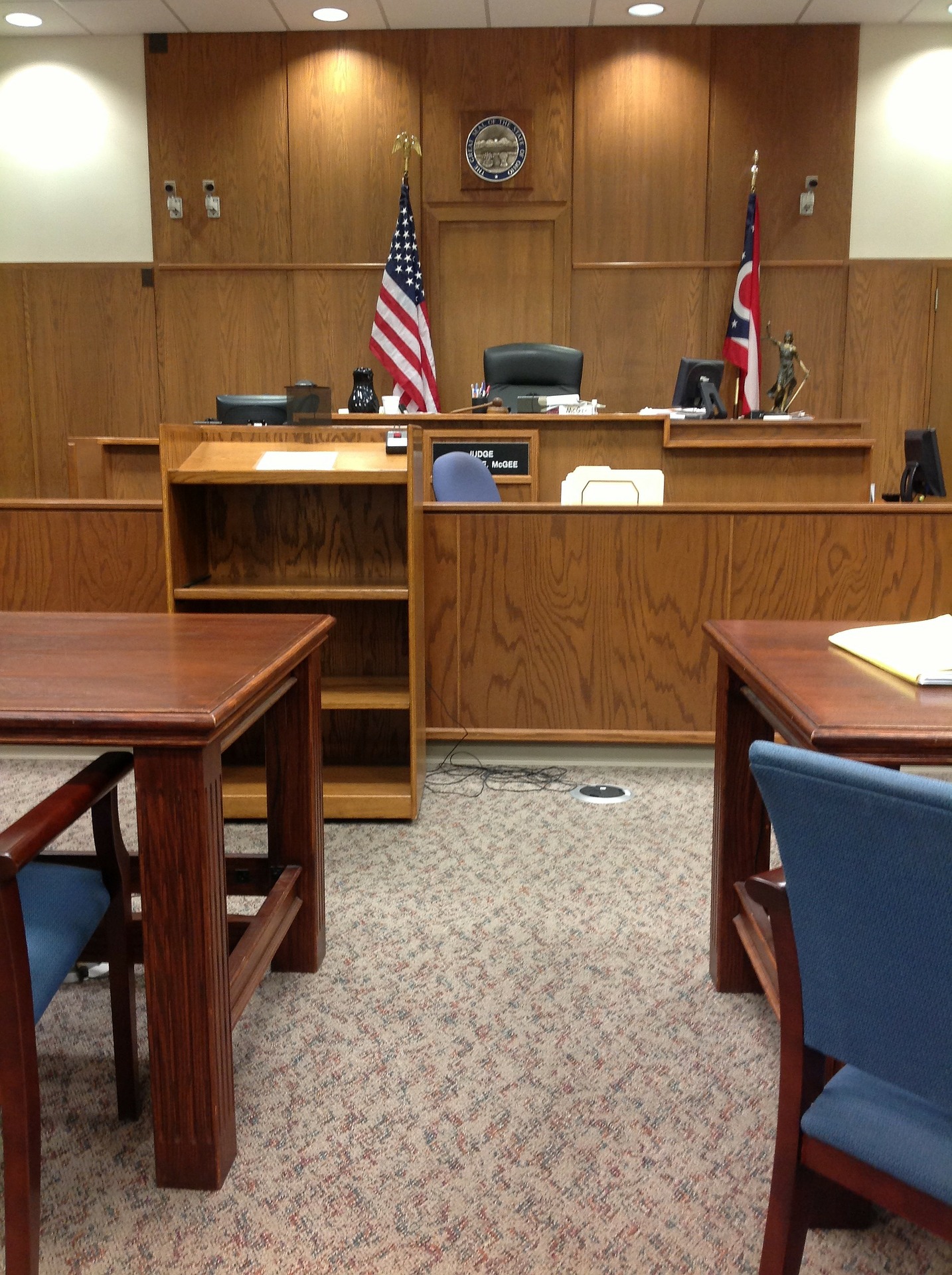In a criminal case, prosecutors must prove that the defendant is guilty beyond a reasonable doubt. Cornell Law School’s Legal Information Institute says that “[t]his means that the prosecution must convince the jury that there is no other reasonable explanation that can come from the evidence presented at trial.”
Cornell’s LII even goes a step further in describing the beyond-a-reasonable doubt standard. “In other words,” it writes, “the jury must be virtually certain of the defendant’s guilt in order to render a guilty verdict.” This is a high bar to meet. In fact, it is the highest burden of proof in the legal system.
For comparison’s sake, consider the burden of proof that applies in civil cases. In a civil case, a party must prove their case by a preponderance of the evidence, meaning that it is more likely than not. In a criminal case, though, proving something more likely than not happened would not be enough.
To meet this high burden of proof, prosecutors must present evidence of the defendant’s guilt. If they don’t meet the standard, the defendant can file a motion to dismiss. In the motion, the defendant will argue that there is “insufficient evidence” to support a guilty verdict.

When does a court find that there is insufficient evidence?
In a criminal case, a court will find insufficient evidence if the prosecutor cannot meet its burden of proof. Prior to trial, a defendant could move to dismiss the charges based on insufficient evidence. In this kind of motion, the defendant would argue that all of the prosecutor’s evidence, even if it was completely true, is not enough for the prosecutor to win at trial.
But once a trial starts, the court could still find insufficient evidence. As Cornell’s LII explains here, “if the prosecution finishes presenting their case and the judge finds they have not met their burden of proof, the judge may dismiss the case (even before the defense presents their side) for insufficient evidence.”
In fact, some defense attorneys move to dismiss cases based on insufficient evidence in almost every trial they’re involved in. They wait until the prosecutor finishes presenting their evidence. And, before the defense presents its own evidence, they ask the judge to dismiss the case.

Can the prosecutor charge you again after a finding of insufficient evidence?
No. The Fifth Amendment includes the prohibition against double jeopardy. More simply, the Fifth Amendment stops the government from taking you to trial for the same charges twice. If a judge dismisses charges for insufficient evidence after the prosecutor presents their case to a jury, the Fifth Amendment’s prohibition against double jeopardy applies and prevents another trial.
The Takeaway:
In criminal cases, prosecutors must prove the defendant’s guilt beyond a reasonable doubt. This is a high burden of proof to meet. If the prosecutor can’t meet it, the defendant can ask the court to dismiss the case for insufficient evidence before it makes it to a jury.






